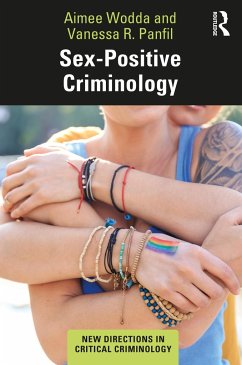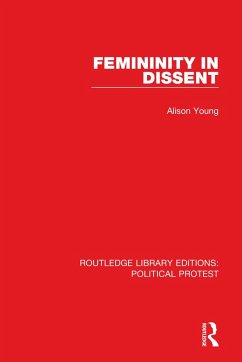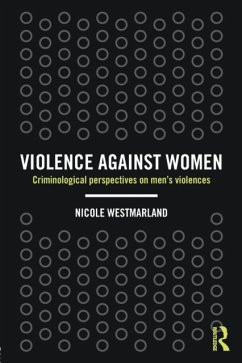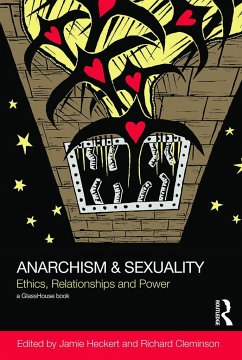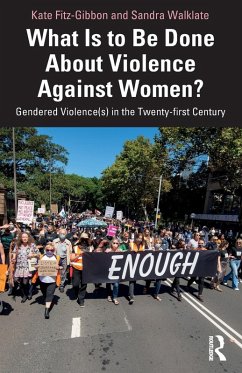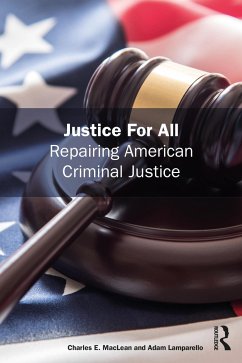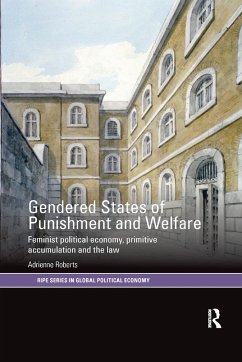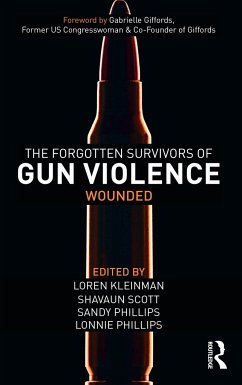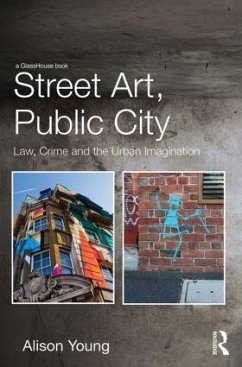Nicht lieferbar
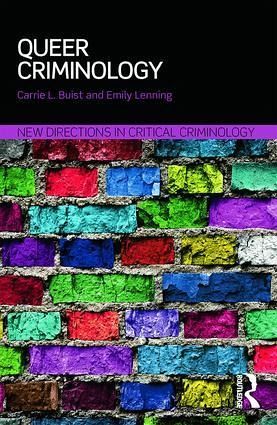
Queer Criminology
Winner of the 2016 Book Award from the American Society of Criminology, Division of Critical Criminology. In this book, Carrie L. Buist and Emily Lenning reflect on the origins of Queer Criminology, survey the foundational research and scholarship in this emerging field, and offer suggestions for the future. Covering topics such as the criminalization of queerness; the policing of Queer communities; Queer experiences in the courtroom; and the correctional control of Queer people, Queer Criminology synthesizes the work of criminologists, journalists, legal scholars, non-governmental organizatio...
Winner of the 2016 Book Award from the American Society of Criminology, Division of Critical Criminology. In this book, Carrie L. Buist and Emily Lenning reflect on the origins of Queer Criminology, survey the foundational research and scholarship in this emerging field, and offer suggestions for the future. Covering topics such as the criminalization of queerness; the policing of Queer communities; Queer experiences in the courtroom; and the correctional control of Queer people, Queer Criminology synthesizes the work of criminologists, journalists, legal scholars, non-governmental organizations, and others to illuminate the historical and contemporary context of the Queer experience. Queer Criminology offers examples of the grave injustices that Queer people face around the world, particularly in places such as Russia, Kyrgyzstan, England, India, Thailand, Nigeria, and the United States. These injustices include, but are not limited to, selective enforcement, coerced confessions, disproportionate sentencing, rape, extortion, denial of due process, forced isolation, corporal punishment, and death. By highlighting a pattern of discriminatory, disproportionate, and abusive treatment of Queer people by the criminal legal system, this book demonstrates the importance of developing a criminology that critiques the heteronormative systems that serve to oppress Queer people around the world. Buist and Lenning argue that criminology is incomplete without a thorough recognition and understanding of these Queer experiences. Therefore, Queer Criminology is a vital contribution to the growing body of literature exploring the Queer experience, and should be considered a necessary tool for students, scholars, and practitioners alike who are seeking a more just criminal legal system.






